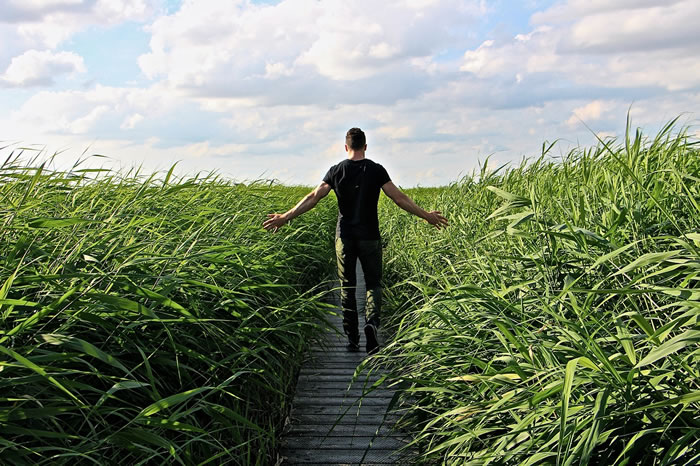Disclaimer: I do not watch the show. Zombies are not my thing.
BUT, I had a thought:
Many of us who profess christ
are walking around like zombies.
How are we infected with this zombie condition?
I’m glad you asked.
We are bombarded with false or misleading information that goes unchecked by the Holy Spirit. Our emotions are manipulated, we ‘check out’ on empathy, kindness, and love for others.
Imagine finding blame instead of empathy for a grieving family because the victim was of a certain color. Or, responding with apathy for another woman who has been assaulted.
Zombie-ness personified.
We are mummified by the number of layers we put on to create an online, Christian, super-successful persona. The real woman or man can hardly unwrap their real, flawed selves in order to be free. We walk around in spiritual darkness that comes from disobedience and refusing to surrender.
How do we yield to the zombie stronghold?
We watch the trends of the world, but ignore the call of God on our lives. We resist opportunities to share the Word of God with a stranger because we don’t want to “force our beliefs on others”.
Yet, we gladly turn around and “share the belief” that yoga is a great way to gain clarity, though we have no clue about the spiritual practice, chanting, or reciting words we don’t understand. As if yoga and a yogi can bring any believer to better spiritual enlightenment and clarity than the Holy Spirit. Though, we mumble through the songs at church and leave no more renewed in the Spirit than when we walked in.
What are the symptoms of a zombie-like state?
Zombie-ness manifests through grief and unresolved pain that numbs us to self-medicate with sin. We drink so much that our livers – not the rocks – cry out to the Lord. We sex it up with various partners then sit with regret – unless, of course, we declare it’s “just sex” and deny the spiritual implications of soul ties. We sleep the evenings and days away, mired in depression, just to escape the monotony of pain and disappointment.
We have wilted in strength, life slowly draining out of us.
Is There Any Zombie Too Hard for God to Cure?
The Woman at the Well is my favorite person of the bible because she’d been through 5 husbands and was TIREDT. On to #6, who she hadn’t married, she went out to the well covered in shame. We know this because she went out in the middle of the day, when it was too darn hot to be drawing water. All the other women went early in the morning.
When we are walking dead, we don’t want to interact with the living – the true Believers of Jesus Christ. They ask too many questions (or we feel that they will) and we don’t want to answer. The darkness is comfortable and soothing to the flesh. The living will confront you about your error, but we don’t want to be confronted because we don’t want to have to defend it. The living will encourage vulnerability which is the last thing a zombie can stand. Vulnerability feels like weakness. Where there is weakness, we have the ability to be hurt again.
BUT GOD.
The other reason why the Woman went to the well when she did is that it was predestined for her to meet Jesus. He was the answer to her spiritual death and the thirst in her soul.
BUT GOD.
God has a way of showing up right where we are when we think we are hiding out from everyone else. He knows how to jump-start our hearts when it seems we have spiritually flat-lined.
He has a way of being in the place where we need Him to be – even when we don’t know that we do. He meets us where we are to bring us back from the Valley of the Shadow of Death.
So, what’s the play call?
As the Woman learned that Jesus was the Messiah, she “left her waterpot, went her way into the city, and said to the men, “Come see a Man who told me all things I ever did. Could this be the Christ?” (John 4:27)
Leave your waterpot.
Whatever you are filling up on that keeps you in a zombie state and away from Christ, leave it behind.
If it’s alcohol, empty those bottles in your home. Leave the after work bars behind. Leave the drinking buddies behind.
If it is man or woman #6, block ministry is in order. Unfriending is in order. Going to the other Starbucks, library, or professional mixer – is in order.
If you’re wrapped up in the ways of the world, unfollow certain blogs, feeds, or magazines and ask God to reveal new godly influence for your life. It’ll work wonders.
And then, tell somebody about how God brought you out. Your testimony of having once been amongst the Walking Dead can be just the Word of God to resuscitate your brothers and sisters in Christ.




